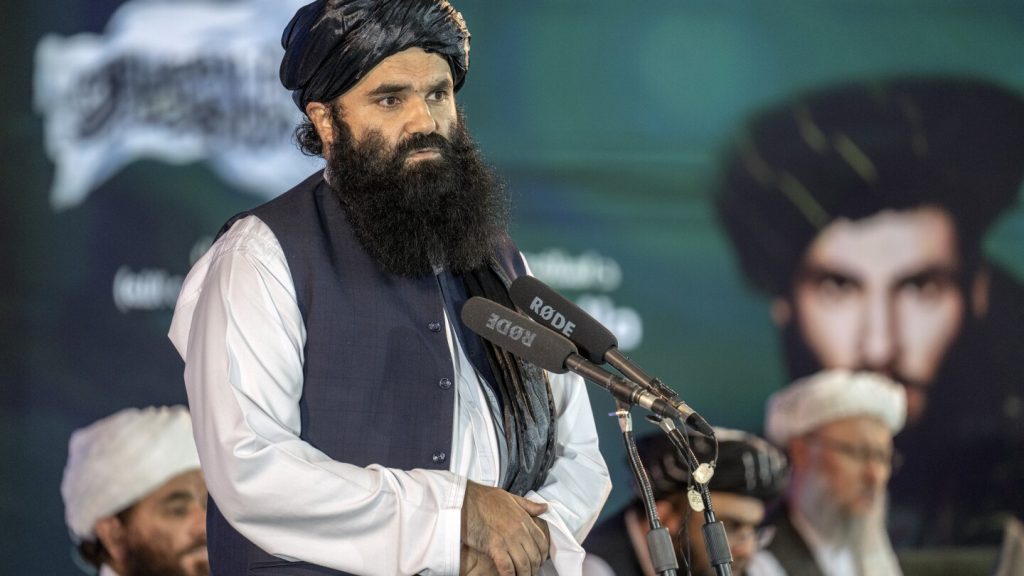The Taliban leaders in Afghanistan have sent conflicting messages during Eid al-Fitr, signaling tensions between hardliners and moderates within the group. Supreme leader Hibatullah Akhundzada defended the imposition of Islamic law and criticized the international community, while Interior Minister Sirajuddin Haqqani urged humility and avoiding actions that make Afghans unhappy. The Taliban’s rule, particularly their restrictions on women and girls, has drawn widespread condemnation and increased their isolation internationally. Akhundzada’s messages were delivered in written statements and a public appearance, while Haqqani’s message emphasized unity and acknowledged the challenges the country faces.
Akhundzada’s public address at Eidgah Mosque in Kandahar maintained a strong stance on following Islamic law, stating that they will not compromise on their principles. He criticized the international community for trying to impose their laws on Afghanistan while objecting to Islamic practices like public stoning and amputation. Haqqani, on the other hand, called for unity within the Taliban and recognized the challenges facing the country after decades of conflict. Both leaders aimed to connect with the Afghan public and the international community, with Haqqani seeking trust and support, while Akhundzada focused on consolidating loyalty among his followers.
The Taliban have imposed strict restrictions on women, banning them from education beyond sixth grade, most jobs, and public spaces. They have implemented harsh punishments and executions, leading to widespread suffering in Afghanistan, including economic decline, drought, hunger, and displacement. Despite pressure from the West, the Taliban leaders, Akhundzada and Haqqani, are sending a message that they remain united and committed to their principles. While there are moderate elements within the group that support education for women, they are not in a strong position to influence decisions currently.
Akhundzada’s communication style, rooted in his mosque training, has helped him establish authority within the Taliban leadership. However, he has been criticized for not addressing the concerns of Afghan society that seek improvement. Haqqani, while a popular figure among the Taliban, has previously spoken out against the leadership, but he maintained a more restrained tone in his Eid message. The Taliban’s dual messaging strategy aims to showcase their influence at home and abroad, emphasizing their ability to spread their message effectively.
Despite not being recognized as the legitimate government of Afghanistan by any country, the Taliban have established diplomatic relations with important regional players like China, Iran, and Pakistan. Their efforts to project strength and unity through their messages during Eid reflect their desire to maintain control and legitimacy both domestically and internationally. The divisions within the Taliban, between hardliners and moderates, highlight the complexities of governing Afghanistan and navigating relationships with the global community.


